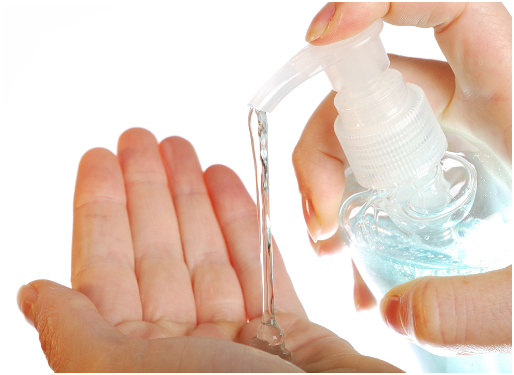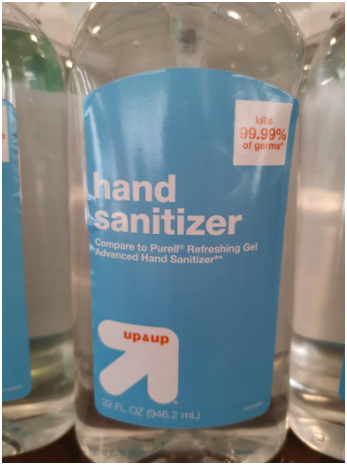FDA Issues Warning: Hand Sanitizers Recalled in US Amid Methanol Threat, Risking Coma and Blindness
Health officials in the United States have taken swift action to recall several lots of hand sanitizers and aloe gels amid concerns over the potential risk of methanol exposure. The Food and Drug Administration (FDA) recently announced the recall of 40 lots of Aruba Aloe Hand Sanitizer Gel Alcohol 80% and Aruba Aloe Alcoholada Gel, citing the presence of “alcohol denatured with methanol.” The FDA emphasized that methanol, a highly toxic substance, poses serious health risks.
The agency cautioned that “substantial methanol exposure” could result in a range of adverse effects, including nausea, vomiting, headache, blurred vision, coma, seizures, permanent blindness, permanent damage to the central nervous system (CNS), or even death. While there have been no reports of adverse events associated with the recalled products, the FDA highlighted the heightened risk for children who may inadvertently ingest them.
The affected products, labelled as “ARUBA ALOE Hand Sanitizer GEL 80% Alcohol Made in Aruba World’s Finest Aloe” and “Alcoholada Gel Pain Relieving Gel 0.5% Lidocaine Hydrochloride,” were distributed between May 1, 2021, and October 27, 2023, and sold online only via the Aruba Aloe Balm N.V. website.

FDA Issues Warning: Hand Sanitizers Recalled in US Amid Methanol Threat, Risking Coma and BlindnessIn a notice for immediate release, the FDA underscored the importance of immediate action to protect consumers. It warned that while all individuals using these products on their hands are at risk, young children who accidentally ingest them and adolescents or adults who consume them as a substitute for ethanol alcohol are particularly vulnerable to methanol poisoning.
The FDA also noted that Aruba Aloe Balm N.V. has taken steps to notify all customers who purchased the recalled products via email and has offered a discount coupon for their next purchase. However, consumers who have already obtained these products are urged to discontinue use immediately and dispose of them properly.
Furthermore, the FDA advised consumers to seek medical attention if they have experienced any adverse reactions that may be related to the use of these products. This proactive approach is crucial in ensuring the safety and well-being of individuals who may have been exposed to methanol-contaminated hand sanitizers and aloe gels.
The recall serves as a stark reminder of the potential risks associated with certain personal care products and the importance of rigorous quality control measures to safeguard public health. It underscores the need for heightened vigilance among consumers and regulatory agencies alike to detect and address potential hazards promptly.
In conclusion, the FDA’s recall of hand sanitizers and aloe gels contaminated with methanol underscores the urgent need for comprehensive safety measures to protect consumers from harmful substances. By raising awareness about the risks associated with methanol exposure and taking swift action to remove affected products from the market, the FDA is working to safeguard public health and prevent further harm.
The FDA’s decisive action underscores its commitment to ensuring the safety and well-being of consumers. By swiftly identifying and addressing potential risks associated with methanol exposure, the FDA aims to prevent serious health complications and protect vulnerable populations, such as children, from harm.

However, the recall of hand sanitizers and aloe gels contaminated with methanol also highlights broader challenges within the personal care product industry. It raises questions about the effectiveness of regulatory oversight and quality control measures in preventing the distribution of unsafe products to consumers. Moving forward, regulatory agencies must work closely with manufacturers to implement stricter standards and enforce compliance to prevent similar incidents in the future.
In addition to regulatory efforts, consumer awareness and education play a crucial role in preventing exposure to harmful substances. By informing the public about the potential dangers of methanol-contaminated products and providing guidance on safe alternatives, health authorities can empower individuals to make informed choices and protect themselves and their families from harm.
Stay informed with the latest updates – click here .


















Add Comment